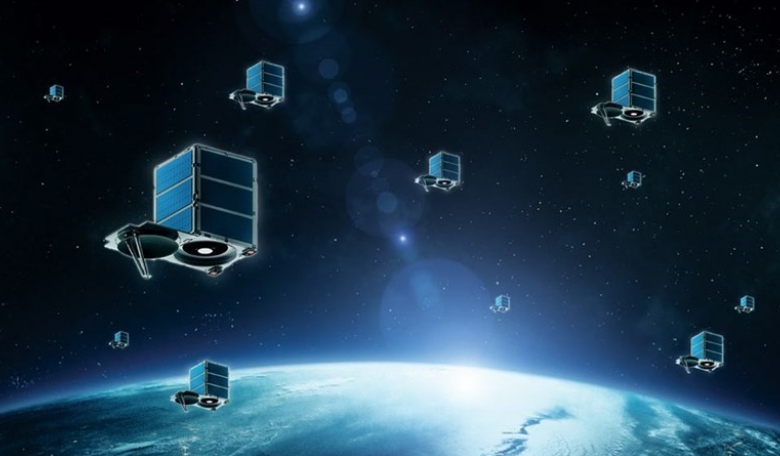7,000 small satellites expected to be launched by 2027: V K Saraswat

In 2012, small satellites began to see significantly increased usage. Over 1,000 small satellites were launched from 2012 to 2017. The government and commercial sectors are capitalising on this heightened interest in small satellites.
In fact, cubesats have dominated the smallsat market as over 700 cubesats had been launched from 2012 to 2017. The smallsat revolution was possible due to new technological platforms, reduced lifecycle, up-to-date technology and other factors.
Sensing the importance of such small satellites, Isro is planning to launch a small satellite launch vehicle (SSLV) that will be used extensively to launch small and nano-satellites, Saraswat said during a presentation at the inaugural session of the International Space Conference and Exhibition ‘Ushering the New Era in Indian Space Sector’, organised by the Confederation of Indian Industry, on Tuesday. Currently, the Indian space economy is valued at $7 billion, which is around 2% of the global space economy worth $348 billion.
Niti Aayog member and former Defence Research and Development Organisation chief V K Saraswat on Tuesday said that small satellites will dominate the global space sector as around 7,000 such satellites are expected to be launched by 2027 with a total value of $38 billion (Rs 2.7 lakh crore).
The Niti Aayog member said that there should be a clear demarcation of space and defence activities as issues around national security will always be a concern when an actor (country) chooses to pursue space activities. Holding possible commerce possibilities in utilising outer space hostage under the garb of national security will only hold back the country in expanding space products and services.
If Indian industry needs to claim a greater traction in the international space market, there is a need to develop a model for promotion of startups with independent technology ideas, Saraswat said.
He also said that the Modi government should consider instituting a national fund to promote entrepreneurship in the space sector, as was done by US space agency NASA and European Space Agency.
“With no particular, dedicated, independent space commerce assessment body for space-related activities or a dedicated road map within ISRO for commercial space in India, there is a need to establish an ‘Office of Space Commerce’ that is independent of ISRO, he said.
Saraswat said new frontiers of the space industry are opening up like space-based tourism, space-based energy and power, space manufacturing, asteroid mining and deep space missions. Innovative space technologies, services and business models will be game-changing to the space industry.
Under the new space economy, the low-cost launch of small satellites into low-earth orbit will remain the focus for international satellite communication worldwide.
However in India, absence of assured, high-speed, low-cost connectivity throughout the country will make it impossible to achieve PM Modi’s Digital India target.
“By 2030, the new space economy will find ways we can live sustainably beyond our planet, creating new jobs, companies and opportunities,” he said.




